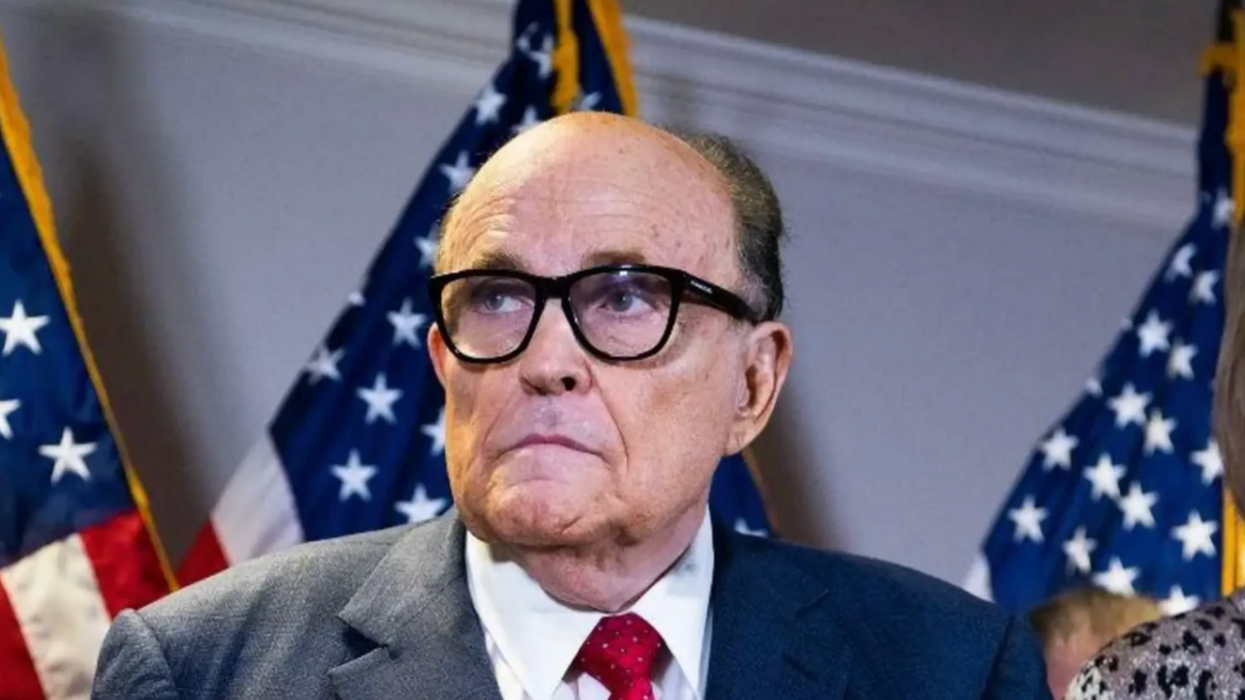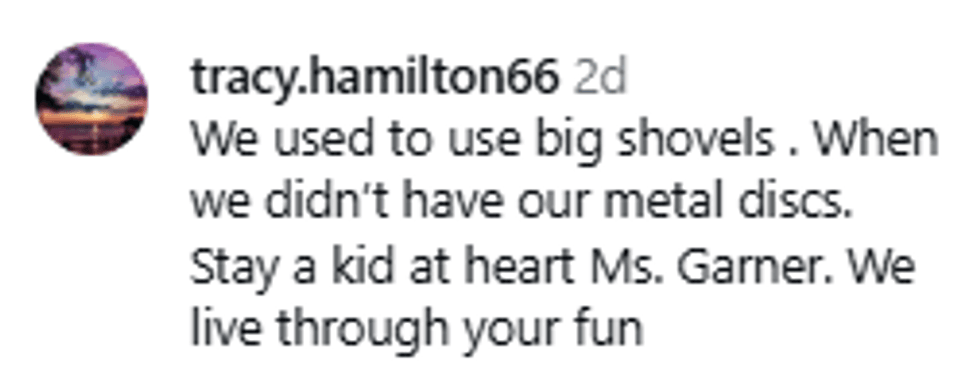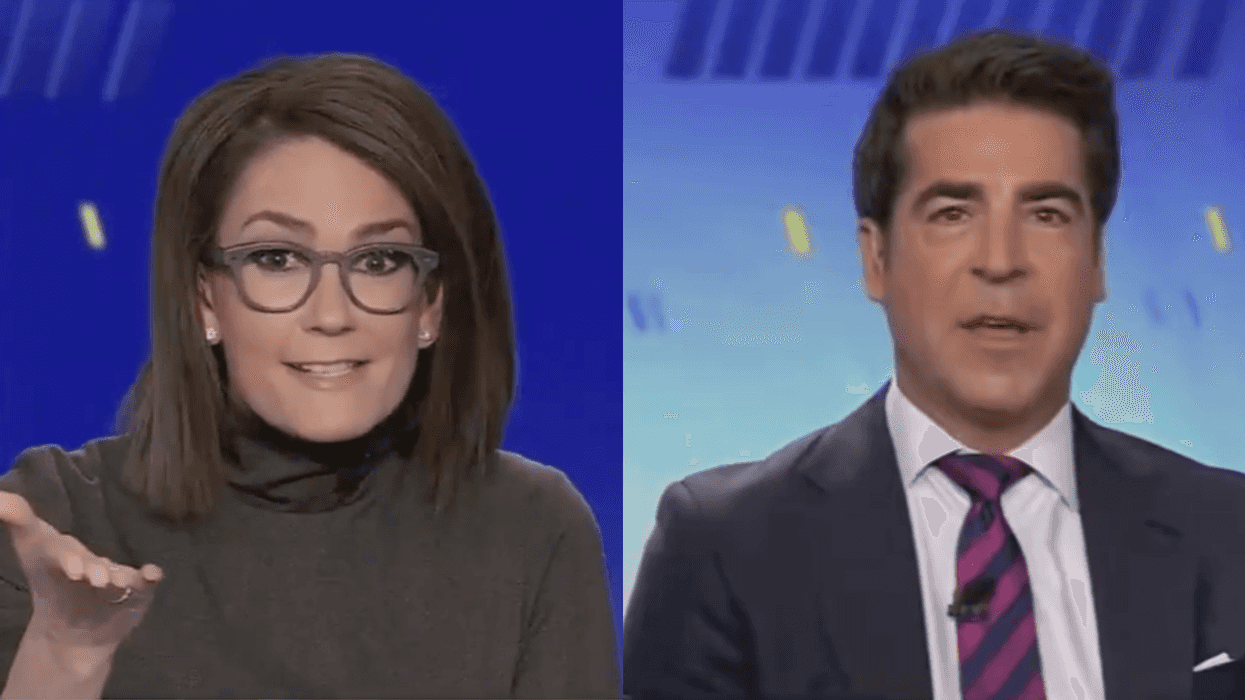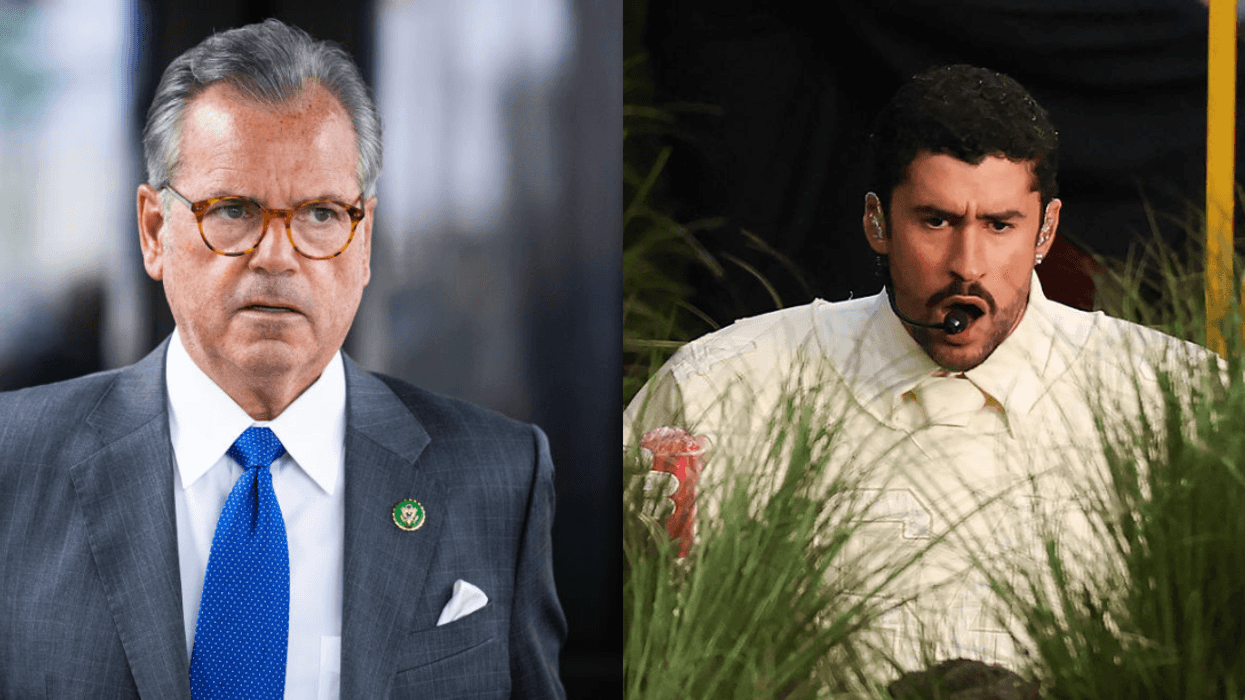It’s been nearly a year since federal agents conducted a raid on former Trump attorney Rudy Giuliani’s home and office and seized numerous of his electronic devices. As I wrote about then, this move against a sitting counsel to former President Trump raised many eyebrows at the time. After all, it’s not easy to obtain and execute a warrant to go after an attorney who can normally assert all manner of claims of privilege, let alone one who served at the pleasure of the former Commander-in-Chief.
But Giuliani’s case was rather special. Giuliani himself was being investigated for possible crimes, specifically failing to register as an agent while acting on behalf of foreign officials when he sought the ouster of the U.S. ambassador to Ukraine and tried to get prosecutors there to manufacture dirt on Hunter Biden. His activity was tied to the events surrounding Trump’s first impeachment, which culminated in that infamous “perfect” phone call in which Trump extorted President Zelenskyy for a “favor” while threatening that the White House would otherwise withhold critical military aid in Ukraine’s fight against separatists backed by Russia.
Since that raid, a special master has been reviewing materials on the devices that prosecutors were able to unlock. The painstaking review was necessary to shield materials that might be personal or protected by attorney-client privilege. It has taken so long in part because several of the devices remain inaccessible to investigators. But as CNN reported on Tuesday, in the past few weeks Giuliani has agreed to help investigators unlock three more of the 18 devices they had seized. Sources within the probe told CNN that the Department would likely soon reach a “charging decision” with respect to Giuliani, meaning a choice whether to indict him or not. This is because the review of his remaining files can now basically be completed, and the Department in theory will have all it needs to make its decision.
Two questions often arise from the probe of Giuliani’s activities in Ukraine. First, why come after Giuliani on a charge like “failure to register as a foreign agent” in the first place, especially when there are so many bigger crimes he likely committed? This charge often feels to many like a “technical” violation, but when it comes to high-level foreign policy, it can have very serious ramifications. Often, non-disclosures of money being paid under the table mean that a serious conflict of interest might exist yet remain unknown, meaning government officials like Giuliani could be working for their own benefit rather than the public’s. Moreover, it is a common practice for the Department to file charges in order to gain leverage or cooperation. It would be quite something, for example, if ultimately Rudy Giuliani flipped on his former boss, just as Trump’s other long-time attorney and “fixer” Michael Cohen did.
Second, is a charge even likely here? On the one hand, someone within the probe has said to the press that a decision is forthcoming, a move that likely was sanctioned by higher-ups in a Department that is normally very disciplined about leaks. Such a story usually does not presage a disappointing decision not to charge, though it’s certainly possible. Further, the Justice Department has long had the cooperation of former Giuliani associate Lev Parnas, who helped carry out the pressure campaign by Trump and Giuliani on Ukrainian officials to level bogus allegations against the current president’s son. Parnas knows what Giuliani was up to, and likely whether he was acting on behalf of foreign officials. And he has been talking.
On the other hand, Giuliani has a plausible defense here that he wasn’t working for Ukrainian officials, like prosecutor Yuriy Lutsenko, but rather on behalf of the former president himself. “Look, you can try to contort anything into anything, but if they have any degree of objectivity or fairness, it would be kind of ridiculous to say I was doing it on Lutsenko’s behalf when I was representing the president of the United States,” Mr. Giuliani said in the past. He argued that his actions were thus entirely lawful, at least as far as the foreign agent registration requirements are concerned. Moreover, Giuliani would not assist in the unlocking of his devices if he had something to hide, says his attorney, though it’s unclear what ultimately may have made him change his mind about helping them gain access, and also unclear if there are some devices he’s most certainly not helping them unlock.
To get to a decision to charge, prosecutors will have to have confidence they can show that Giuliani was receiving or at least seeking some kind of benefit directly from foreign officials that he failed to disclose. That might well be the case here. Giuliani ran a lucrative “consulting” business on the side, and his work included clients and projects in Ukraine. The New York Times reported, way back in November of 2019, that Giuliani’s office had prepared a draft proposal calling for prosecutor Lutsenko to pay $200,000 to retain Giuliani Partners along with a husband-and-wife legal team aligned with Trump, Joseph E. diGenova and Victoria Toensing. Lutsenko specifically had wanted the U.S. ambassador, Marie L. Yovanovitch, recalled because she had often accused him of corruption. That recall actually wound up happening in May of 2019 under Trump. Did Giuliani push that through for Lutsenko’s sake, and did Lutsenko compensate him somehow for it?
Failure to register as a foreign agent of course isn’t the only crime for which Giuliani ultimately may stand accused. There is also the ongoing investigation into the corrupt obstruction of Congress during the electoral count and the conspiracy to defraud the United States through the pushing of false claims of a stolen election, in both of which Giuliani played a pivotal role.
But in the investigation into that massive scheme, the case against Trump and cronies like Giuliani must be laid one brick at a time. Leverage is something that has to be acquired through legal victories that put would-be state’s witnesses into a more cooperative mood. An indictment against Giuliani for non-disclosure of his corrupt Ukrainian ties might also resonate more powerfully with the public today given the world’s attention on the war and what led up to it. That includes, in no small measure, the former administration’s clear signal to Russia that the White House was entirely willing to trade Ukrainian security and even territorial sovereignty in exchange for some corrupt political favors.
For more political analysis, check out the Status Kuo newsletter.







 @jennifer.garner/Instagram
@jennifer.garner/Instagram @jennifer.garner/Instagram
@jennifer.garner/Instagram @jennifer.garner/Instagram
@jennifer.garner/Instagram @jennifer.garner/Instagram
@jennifer.garner/Instagram @jennifer.garner/Instagram
@jennifer.garner/Instagram @jennifer.garner/Instagram
@jennifer.garner/Instagram @jennifer.garner/Instagram
@jennifer.garner/Instagram @jennifer.garner/Instagram
@jennifer.garner/Instagram @jennifer.garner/Instagram
@jennifer.garner/Instagram @jennifer.garner/Instagram
@jennifer.garner/Instagram @jennifer.garner/Instagram
@jennifer.garner/Instagram @jennifer.garner/Instagram
@jennifer.garner/Instagram @jennifer.garner/Instagram
@jennifer.garner/Instagram @jennifer.garner/Instagram
@jennifer.garner/Instagram @jennifer.garner/Instagram
@jennifer.garner/Instagram @jennifer.garner/Instagram
@jennifer.garner/Instagram @jennifer.garner/Instagram
@jennifer.garner/Instagram @jennifer.garner/Instagram
@jennifer.garner/Instagram @jennifer.garner/Instagram
@jennifer.garner/Instagram @jennifer.garner/Instagram
@jennifer.garner/Instagram







 @ameliaknisely/X
@ameliaknisely/X WDTV 5 News/Facebook
WDTV 5 News/Facebook r/WestVirginia/Reddit
r/WestVirginia/Reddit WDTV 5 News/Facebook
WDTV 5 News/Facebook r/WestVirginia/Reddit
r/WestVirginia/Reddit r/WestVirginia/Reddit
r/WestVirginia/Reddit WDTV 5 News/Facebook
WDTV 5 News/Facebook r/WestVirginia/Reddit
r/WestVirginia/Reddit r/WestVirginia/Reddit
r/WestVirginia/Reddit WDTV 5 News/Facebook
WDTV 5 News/Facebook WDTV 5 News/Facebook
WDTV 5 News/Facebook